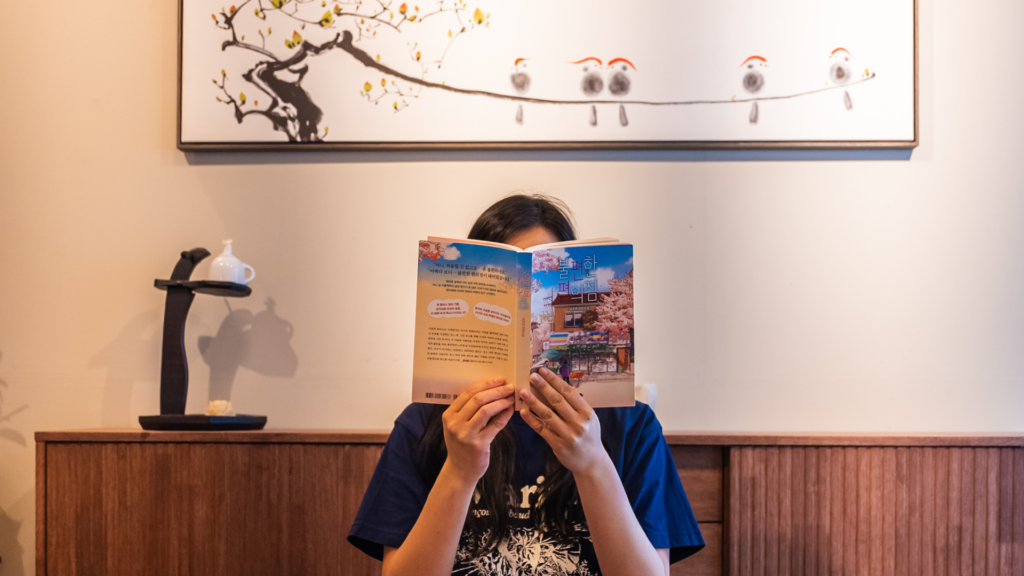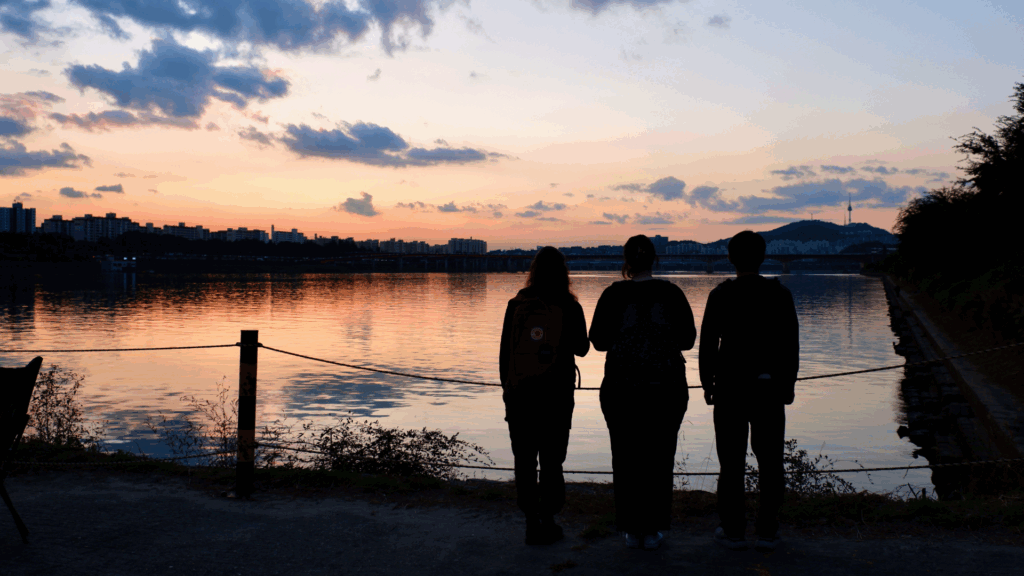Can you name a popular Korean song? K-pop and Korean music is huge right now. You must have heard of it! Not only in Korea but people worldwide are falling to the charms of the latest Korean artists. It’s easy to understand why.
The beautiful girls and boys with their seemingly flawless skin, stylish outfits, and good looks. Finely tuned dance moves and catchy tunes blending together a mix of musical genres to create a unique visual and aural feast for the senses. For these reasons and more, K-pop is quickly becoming more and more popular on a global scale!
So, who is responsible for the most popular Korean song of all time? Is it BTS (방탄소년단, Bangtan Boys), making hearts flutter with regular award show appearances worldwide? How about Blackpink (블랙핑크) who made headlines by becoming the first Korean girl group to play the Coachella festival? Is it PSY, creator of the global dance phenomenon known as Gangnam Style to rival that of the macarena?

A song that reflects Korea
People forget even the most popular Korean songs and bands in the blink of the eye. One song however, that has stood the test of time is the traditional folk song Arirang (아리랑). Any Korean person will surely know this song. Perhaps, if the mood takes them, they may even give a rendition of the song to you! It is ingrained as part of what it means to be a Korean – perhaps even more so than their national anthem! This is a song that has existed for an estimated 600 years. It is a simple but beautiful and haunting melody that never fails to evoke strong emotions from the audience. Even without understanding the lyrics, merely by witnessing the expressions and emotions of the crowd, you can understand the great significance of this song to the psyche of the Korean people. You will never fail to see the passion of Korean people singing along to a rendition of this song.
A mysterious tune
The lyrics themselves are quite mysterious. The word Arirang has no real meaning and there are many, many different versions of this song varying from region to region. However, because the melody is immediately recognizable, it is a song that can be enjoyed and easily performed by one person or in a mass group. Many people can sing along and join in at any time, improvising or using their favourite lyrics. Even with differing lyrics, every version expresses overlapping common themes. They mainly focus on the same principles of togetherness, love, and camaraderie, even in the face of separation and hardships. One of the most popular interpretations talks about a young couple who fall in love whilst picking flowers. Then, rising river waters separate the couple preventing them from meeting.
The most popular and well-known regional versions are probably the Gangwon-do Jongsei Arirang, the Jeolla-do Jindo Arirang, and the Gyeongsang-do Miryang Arirang. The Gyeonggi Arirang became popular in the 1930s.

Arirang’s importance to Korea’s history and culture
In 2012, the UNESCO Intangible Cultural Heritage List included Arirang on behalf of South Korea. In fact, the song was entered a second time during 2014 via North Korea. There is even an annual mass gymnastics and performance festival in North Korea named after this song. Whenever significant moments or events occur in Korean history, you will often hear something of Arirang. It became a resistance anthem during the Japanese occupation of Korea (1910-1945). In a particularly memorable display, representatives from both South and North Korea walked together under one flag whilst Arirang played at the 2000 Sydney Olympics. In addition to this, South Korea adopted Arirang as an unofficial FIFA World Cup song in 2002. Also, Koreans sung various formats during the recent 2018 Pyeongchang Winter Olympics.
So, while you may see fans in dream-like trances, seduced by the latest K-pop trend, with videos racking up millions of views, and assume that this must surely be the pinnacle of popularity – always remember the Arirang. It’s a song that has been around for centuries, spawning literally 1000’s of different versions and can truly be described as ‘The most popular Korean song of all time’!








